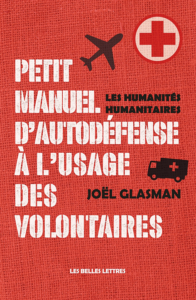
Laëtitia Atlani-Duault, Jean-Hervé Bradol, Marc Le Pape et Claudine Vidal (dir.)
Éditions de la Maison des sciences de l’homme, coll. Le bien commun, 2021
(published in French)
Publisher’s note
Rwanda, the Democratic Republic of the Congo (DRC) and Syria have been the settings for extreme situations of violence. As witnesses, the authors of this book shed light on three key moments that marked these tragic episodes: the investigation, the relief programme and the establishment of legal procedures leading to a verdict.
Social science researchers contribute their insights by means of investigations, analyses and publications, tackling the controversies that sometimes arise, particularly with regard to the situation in Rwanda: what were and still are the ways of investigating the Tutsi genocide? Humanitarian practitioners, on the other hand, describe relief operations, daily work in the context of violence, and the creation of support networks, whilst speaking out for those living in the midst of destruction. The book also gives the floor to a journalist whose investigations in Kivu (in eastern DRC) call into question not only the media treatment of this field, but also the essential alliances to enable journalists to gain access to these conflicted spaces.
These multiple points of view are based on many sources. The judicial sources make it possible to examine the attitude of the perpetrators of violence by means of their speeches, and provide a quantitative assessment of the prosecutions against them.


